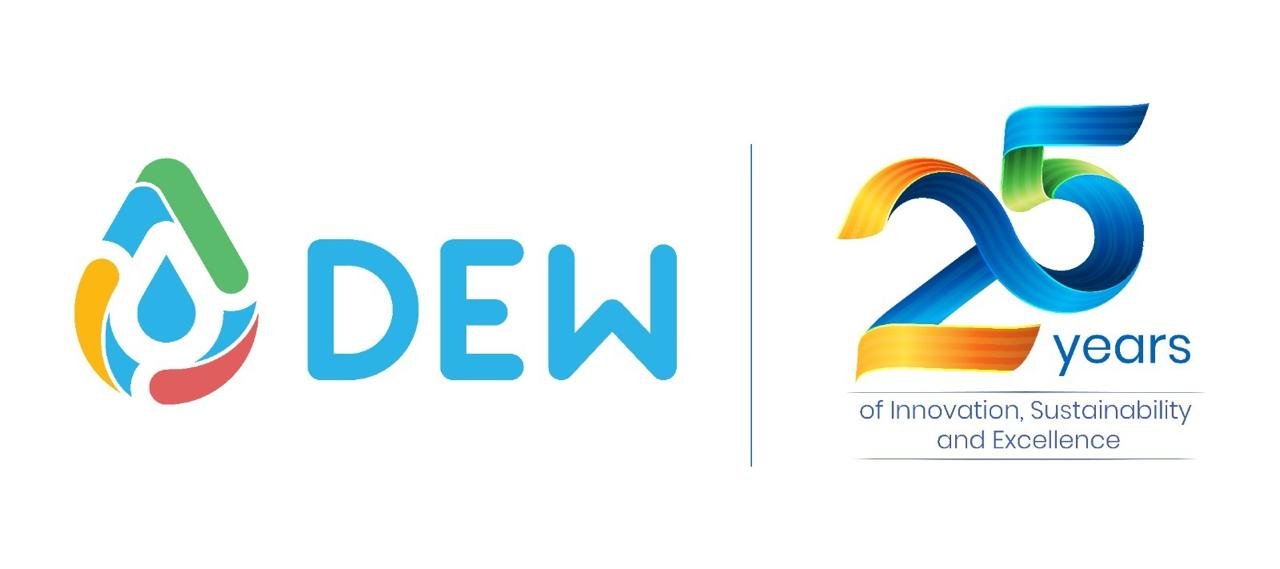EVAPORATOR ANTISCALANT
Evaporator section is the heart of sugar manufacturing process and is directly related to the efficiency of the plant. Clear juice contains high percentage of scale forming cations and anions that can form hard scales inside the calendria tubes and hinder heat transfer.
Dew antiscalant retards this scale formation and improves heat transfer. The product functions as a threshold inhibitor and crystal distorter which effectively increases the solubility of the dissolved salts. Any crystals that form are modified and dispersed so that adherent scale formation on the heat transfer surfaces is prevented. The use of antiscalant helps to reduce evaporator cleaning frequency and substantially reduces the amount of chemical required for such cleaning.
VISCOSITY REDUCER
Viscosity reducer is used as a pan aid to reduce surface tension of viscous materials like massecuite. The organic & inorganic chemicals present in the massecuite affect pan boiling and cause sucrose loss.
Dew polymer based viscosity reducer enhances the exhaustibility of massecuite & increase circulation of low grade massecuite, resulting in greater fluidity and reduces the boiling time. It improves boiling efficiency, crystallization, centrifugation and exhaustion of molasses resulting in improved sugar crystals and sugar recovery. The advantages of using viscosity reducer are:
- Improved centrifugation efficiency.
- Improved sugar color.
- Better exhaustion of molasses.
- Reduced sugar losses and improved recovery.
SCALE SOFTENER
Hard scales form on the sugar mill evaporators over a period of time and need to be periodically cleaned to maintain production efficiency. Boiling with caustic soda is usually the method of choice to remove these hard scales.
Dew scale softener is designed to soften the scales during cleaning. It increases the penetrating power of caustic soda used for evaporator cleaning. The product assists in penetrating the crystal lattice of the scale particles resulting in softening of even the toughest scale deposits like silicates, sulphates and carbonates normally found on evaporators. The scale is then easily removed with the help of cutters and brushes. Breaking of cutters is minimized and the life of tubes and cleaning equipment is prolonged.
MILL SANITATION BIOCIDE
Mill sanitation is an important step in the sugar manufacturing process. Certain bacteria like leuconostoc can lead to sucrose loss in the juice by inversion besides slime formation and bad odour.
Dew mill sanitation biocides prevent purity drop in the cane juice due to sucrose loss by inversion and also helps in controlling slime and bad odour.
FLOCCULANTS (JUICE CLARIFICATION)
Removal of impurities (soluble and insoluble non-sugar compounds) from cane sugar juice by clarification is an essential part of the process of raw sugar manufacture. Rapid flocculation and sedimentation of suspended particles in primary cane sugar juice is achieved using high molecular weight anionic polymers. These increase the settling rate, thus reducing the retention time in the clarification stage and improving the colour of the sugar finally produced. Dew Flocculants are advantageously used in sugar juice clarification.
Also available Boiler and Cooling Water Treatment chemicals for sugar processing units.
PRETREATMENT EQUIPMENTS
Dew manufacture complete range of clarifiers, softner, membrane separation system and deionisers for complete pretreatment of boiler feedwater. We also have complete range of condensate polishing units to use condensate from sugar processing.
Effluent Treatment Plant (ETP) Wastewater Treatment System
Sugar mills require specific UASB based waste water treatment system for treatment of waste water. Dew specialize in UASB reactors in combination with bio reactors to produce water that can be recycle or reuse for any application. All our effluent treatment plant are design as such that in future the system can be made completely Zero Liquid Discharge (ZLD)

